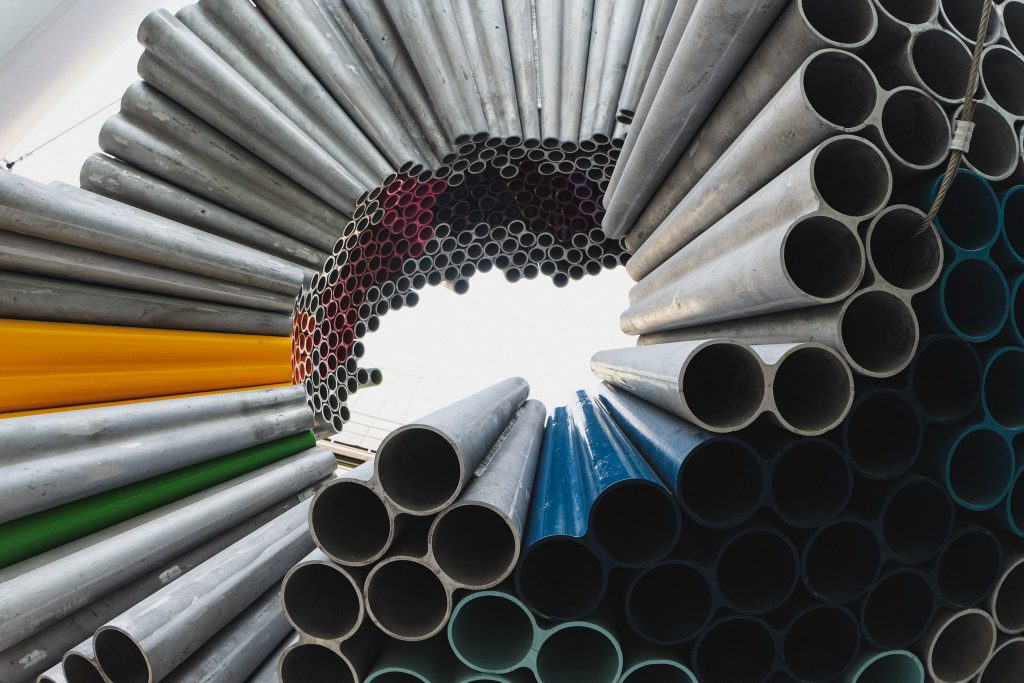The Bureau of Industry and Security (BIS) is proposing a new rule to revise the process for requesting exclusions from the duties and quantitative limitations on imports of aluminum and steel under Section 232 of the Trade Expansion Act.
The proposed rule includes the following changes:
- Clarification of the criteria for granting exclusions. The proposed rule clarifies the criteria that BIS will consider when evaluating exclusion requests, including the impact of the exclusion on national security.
- Streamlining of the exclusion process. The proposed rule streamlines the exclusion process by eliminating certain procedural requirements and deadlines.
- Improvements to the Section 232 Exclusions Portal. The proposed rule makes improvements to the Section 232 Exclusions Portal, including making it easier for users to submit and track exclusion requests.
Changing the General Approved Exclusion (GAE) criteria
Currently, a GAE is identified based on whether an Harmonized Tariff Schedule of the United States (HTSUS) code has received objections. Under the proposed changes, this criterion will change to focus instead on the number of substantiated objections. This will discourage objections that are submitted solely to prevent specific GAEs. BIS estimates that this change could result in up to a 20% reduction in the total number of exclusion requests submitted.
Introducing a General Denied Exclusions (GDE) process
GDEs will be implemented for HTSUS classification codes that have very high rates of successful, substantiated objections. This will reduce the burden on objectors and requesters with respect to exclusion requests that have historically had a very low likelihood of being approved.
Updating the certification requirements for exclusion requests and objections
BIS is proposing to require requesters to certify that they have first made reasonable efforts to source their product from the United States, and then from a country with which the United States has arrived at a satisfactory alternative means to address the threat to the national security under Section 232. Requesters would also be required to provide evidence of these sourcing attempts simultaneously with their request submission.
Objectors would certify their intent and ability to provide the requested product to the requester if successful in their objection. In addition, objectors would be required to provide evidence that they have commercially sold the same product as that which is being requested within the last 12 months, or evidence that they have engaged in sales discussions with the requesting company or another company requesting the same product within the last 12 months.
BIS anticipates that these proposed changes will improve the efficiency, fairness, and transparency of the Section 232 exclusions process for all involved parties.
How will this affect importers?
Importers may need to submit more evidence to support their exclusion requests. For example, requesters will need to certify that they have made reasonable efforts to source the product from the United States or a partner country before requesting an exclusion.
Some importers may be more likely to have their exclusion requests denied. For example, if an importer is requesting an exclusion for a product that has a high rate of successful objections, their request is more likely to be denied under the new GDE process.
Importers may need to adjust their sourcing strategies. For example, if you’re currently sourcing a product from a country that is not a partner country, you may need to consider sourcing from the United States or a partner country in order to increase your chances of obtaining an exclusion.
To prepare for these changes, importers should:
- Review the proposed rule and identify any changes that may impact your business.
- Assess their current sourcing strategies and make any necessary adjustments.
- Start gathering evidence to support future exclusion requests.
- Monitor the Federal Register for updates on the proposed rule and for the publication of the final rule. Once the final rule is published, importers will have a certain amount of time to comply with the new requirements.
BIS is accepting public comments on the proposed rule until October 12, 2023. Importers who have any concerns about the proposed changes should consider submitting a comment.
To stay informed on trade news and other important updates, stay connected with a customs broker.




